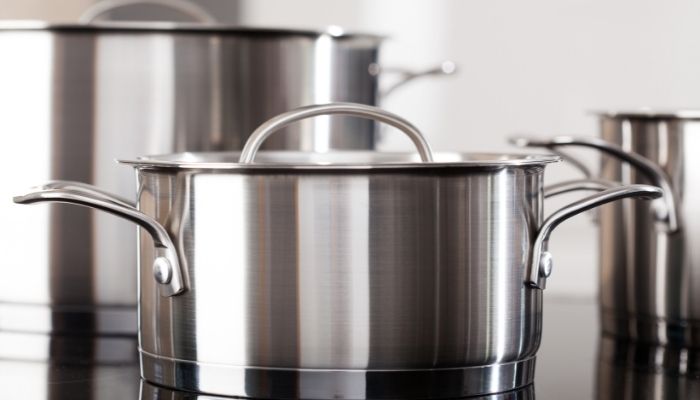Bamboo utensils, specialty knives, brass pots, and more all require extra maintenance. Unfortunately, tossing these items in the dishwasher will usually damage or ruin them. To prevent this from happening in your kitchen, learn how to clean specialty kitchenware.
Pots and Pans
For most pots and pans, warm water with soap is the perfect combination to use for cleaning. However, avoid using abrasive cleaners that could scrape and scratch certain pans, especially those made from stainless steel. For tough stains, you can use a mixture of baking soda and vinegar to gently scrub and clean the pans. The types of pans you can clean with these mixtures are copper, cast-iron, aluminum, and stainless steel.
Knives and Silverware
Knives and silverware are often damaged in the dishwasher, so it’s best to wash them by hand with warm water and soap. You also want to avoid using any abrasive materials and mixtures. There are many reasons why you should hand wash your kitchen knives. For instance, when you wash your knives by hand, you ensure that they last longer and remain in great condition. If you use special Japanese or German knives, it is essential to wash them by hand to protect the sharp blade.
Fragile Items
Fragile items, such as fine china and wine glasses, should be hand washed with warm water and soap. It’s important to remember to wash with warm water, not hot. Hot water can lead to cracking over time and can damage your fragile kitchenware. Additionally, the movement of the dishwasher can often jostle and crack fragile kitchenware, so it’s best to wash these items by hand.
Wooden Utensils
When learning how to clean specialty kitchenware, it’s vital to remember how to clean your wooden utensils. Wooden spoons, forks, spatulas, and more are easily ruined in the dishwasher. They become discolored, warped, and eventually break. To clean wooden utensils, you can use hot water, soap, and a washcloth or sponge. Once again, avoid scrubbing with abrasive metal sponges since they may damage and scratch the wood.







